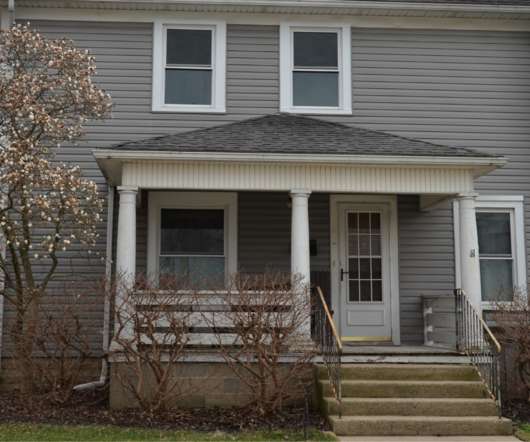What is Earnest Money and Why Do You Need It?
Redfin
MARCH 12, 2021
However, your offer likely won’t receive the seller’s serious consideration without putting a good faith deposit down of some kind. Where does the earnest money go? . In most cases, your earnest money deposit is paid to the escrow or title company , which holds it in an escrow account until the transaction closes.























Let's personalize your content